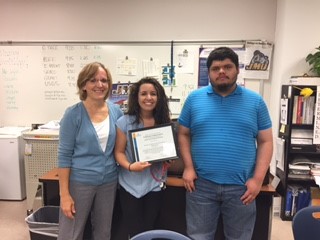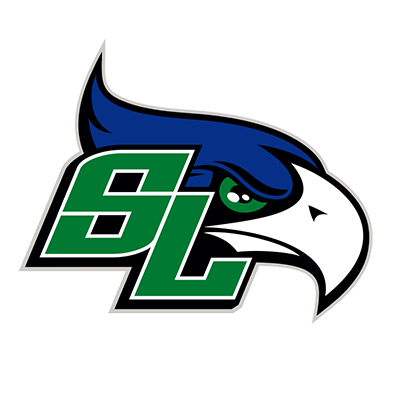STEP Program
The goal of the Secondary Transition to Employment Program (STEP) program is to expand employment training and transition offerings in Fairfax County for students earning Special or Modified Standard diplomas. Research has shown that the transition process for students is more successful when students increase the amount of time that they train at community work sites. Developing students’ instructional, community and employment skills allows students to be better prepared to transition out of school as well as expand their exposure to the communities in which they will live and work. STEP is a program offered through FCPS Department of Special Services from Career and Transition Services (CTS).
Secondary Transition to Employment Program (STEP)

Benefits of the STEP Program
- Determine job preferences, skills, and strengths
- Learn work skills in real work settings
- Develop a work history and a resume
- Practice independent living and self-advocacy skills
- Build self-confidence
- Learn to set goals
- Facilitate the transition from school to work
What do you do in STEP?
STEP combines community work experience, community-based instruction, and classroom based instruction to help students develop their skills.
Community Work Experience
Students participate in a year-long internship at a local business. Before their internship begins, students participate in the pre-employment process, including application, interview, and orientation. They receive training on the job from FCPS staff and job coaches, as well as their work site supervisor and co-workers. STEP interns complete at least four hours per day at their work site, Monday through Friday. Click here to see some of our previous work community experience sites.
Classroom and Community-Based Instruction
In addition to work experience, the STEP program provides a combination of community and classroom based instruction in work and independent living skills. Students participate in functional activities in a variety of locations. These activities include pedestrian and travel training experience on public transportation sources such as the Fairfax Connector, Metrobus, and Metro Rail.
Instructional Topics
- Job Search & Resumes – networking, using the internet, gathering personal information to complete applications, developing typed resume, identifying professional references
- Interviewing - dress and grooming for an interview, how to get ready for an interview, body language, practice interviews
- Transferrable Skills – being on time, dressing appropriately for work, hygiene and grooming for the workplace, calling out, taking initiative, team work, interacting with co-workers and supervisors, time management, work place safety, dealing with stress, evaluations and accepting criticism, handling conflict
- Self-advocacy – learning personal preferences and interests, asking for help, accommodations at work, the Americans with Disabilities Act (ADA), goal setting
- Technology Training – Google Apps, Microsoft Office applications, online resources
- Independent Living – understanding your paycheck, banking, money handling, reading schedules and maps, cooking and reading recipes, clothing care, personal safety, budgeting
- Community Living – volunteering, recreation and leisure, accessing public resources, transportation options, pedestrian skills

